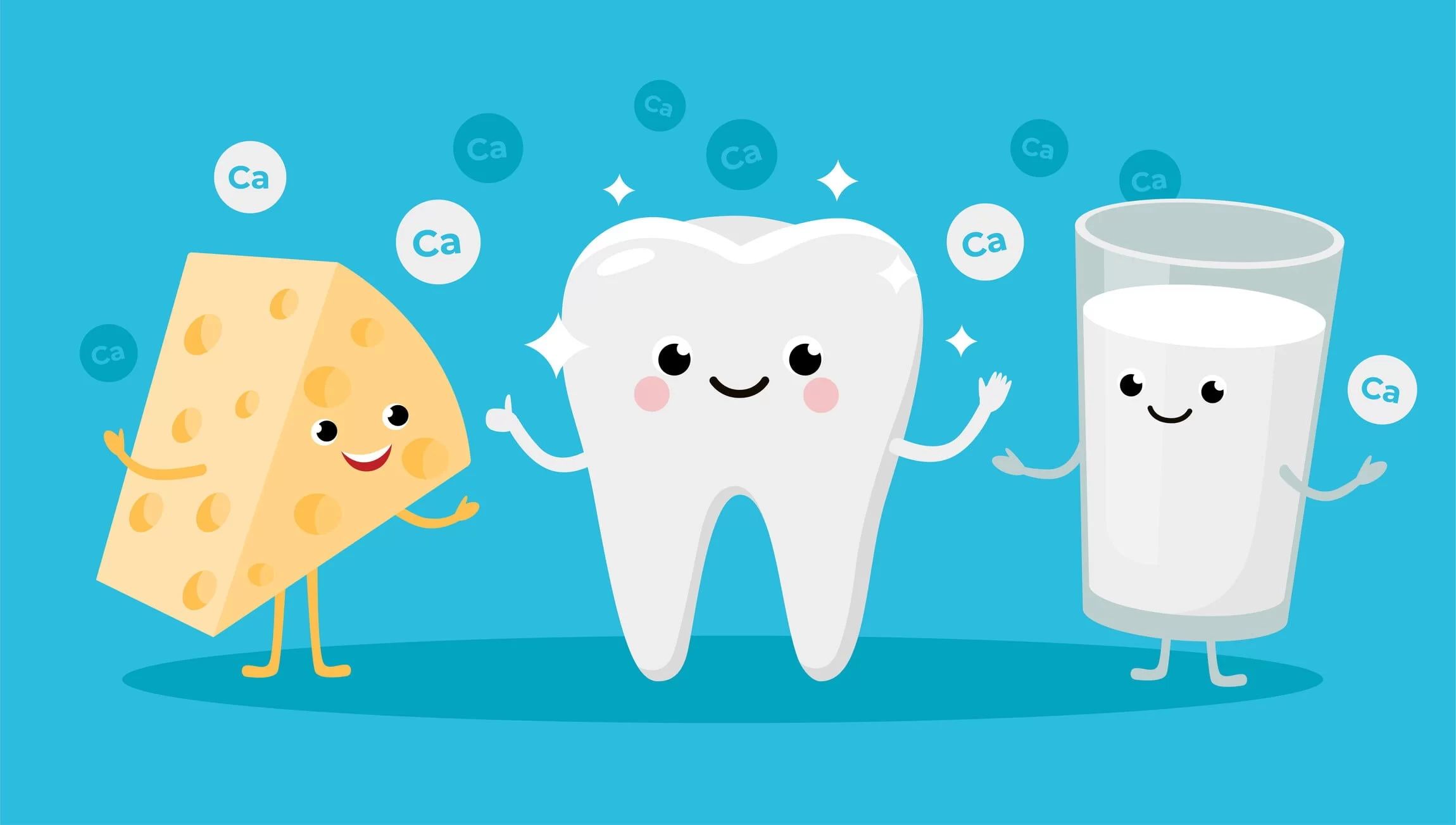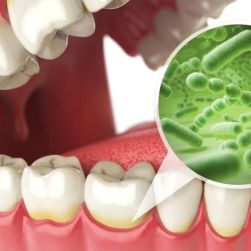The Role of Calcium in Oral Health: Why Calcium is Essential for Strong Teeth
- The Importance of Calcium for Oral Health
- How Calcium Strengthens Teeth
- Calcium Deficiency and Dental Health
- Calcium-Rich Foods for Healthy Teeth
- Real Experiences with Calcium and Oral Health
- Calcium Supplements for Oral Health
1. The Importance of Calcium for Oral Health
Calcium is one of the most vital minerals for maintaining strong and healthy teeth. It plays a crucial role in strengthening the enamel, the outer layer of your teeth, which protects them from decay and damage. Without adequate calcium, your teeth are more vulnerable to cavities, sensitivity, and other dental problems.
In addition to promoting the strength of teeth, calcium also helps maintain healthy gums and supports overall bone health, including the jawbone, which anchors your teeth. A sufficient intake of calcium is essential not only for growing children but also for adults who want to preserve their dental health throughout their lives.
2. How Calcium Strengthens Teeth
Calcium works to protect your teeth by strengthening their enamel, the protective outer layer of each tooth. Here's how calcium contributes to oral health:
- Enamel Formation: Calcium is a key component in the formation of enamel. When you consume calcium-rich foods or supplements, your body uses this mineral to build and repair enamel, making it more resistant to decay.
- Reinforcing Tooth Structure: Calcium also helps maintain the structure of your teeth by supporting mineralization, which makes teeth stronger and more resilient against wear and tear.
- Reducing Sensitivity: Calcium can reduce tooth sensitivity by fortifying the enamel, protecting the underlying nerves from exposure to temperature or acidic foods.
By ensuring your body has enough calcium, you are essentially giving your teeth the protection they need to stay strong and healthy.
3. Calcium Deficiency and Dental Health
Calcium deficiency can lead to a number of dental issues, including weakened enamel, tooth decay, and even tooth loss in extreme cases. When you don't get enough calcium, your body will begin to take calcium from your bones and teeth to meet its needs, which can compromise their integrity.
Here are some of the potential consequences of calcium deficiency for oral health:
- Increased Risk of Cavities: Without adequate calcium, your teeth are more likely to develop cavities, as the enamel is not as strong and resistant to plaque buildup.
- Gum Disease: Calcium deficiency can also contribute to weakened gums, making them more susceptible to gum disease and inflammation.
- Tooth Sensitivity: Lack of calcium can lead to thinner enamel, which may cause your teeth to become more sensitive to hot, cold, or acidic foods.
To prevent these issues, it's important to consume sufficient amounts of calcium through your diet or supplements to support your dental health.
4. Calcium-Rich Foods for Healthy Teeth
The best way to ensure you're getting enough calcium is by incorporating calcium-rich foods into your daily diet. Here are some excellent sources of calcium:
- Leafy Greens: Vegetables like kale, broccoli, and spinach are packed with calcium and are great for supporting overall health.
- Dairy Products: Milk, cheese, and yogurt are well-known sources of calcium and are highly bioavailable, meaning they are easily absorbed by the body.
- Fortified Foods: Many plant-based milks (such as almond or soy milk) and juices are fortified with calcium, making them a good alternative for those who do not consume dairy.
- Fish: Fish like salmon and sardines, especially when consumed with bones, are rich in calcium and beneficial for both bones and teeth.
By including these calcium-rich foods in your diet, you can naturally support your teeth and maintain strong enamel for optimal oral health.
5. Real Experiences with Calcium and Oral Health
Many individuals have seen improvements in their oral health after increasing their calcium intake. For instance, Mary, a 40-year-old teacher, shares her story:
"After I started paying more attention to my calcium intake, I noticed that my tooth sensitivity greatly decreased. I now include more dairy and leafy greens in my diet, and my dentist noticed a significant improvement in my enamel during my last checkup."
Mary's experience highlights the positive impact that proper calcium intake can have on dental health, especially for adults looking to preserve their enamel and prevent sensitivity.
6. Calcium Supplements for Oral Health
If you have difficulty getting enough calcium from food alone, supplements can be an effective way to boost your calcium levels. Calcium supplements come in various forms, including tablets, chewables, and powders, which can easily be incorporated into your daily routine.
It's important to choose a supplement that is well-absorbed by the body. Calcium citrate and calcium carbonate are two of the most common forms of supplements, but it’s always best to consult with your healthcare provider to determine the right dosage for your needs.
For optimal dental and bone health, consider pairing calcium supplements with vitamin D, which helps your body absorb and use calcium more effectively.
Ensuring that you have adequate calcium intake is essential for maintaining strong, healthy teeth. If you're looking to improve your calcium intake, consider exploring calcium-rich foods or supplements. Learn more about the best products for supporting your oral health at Dentistry Toothtruth.






